detail profile auraeus solito
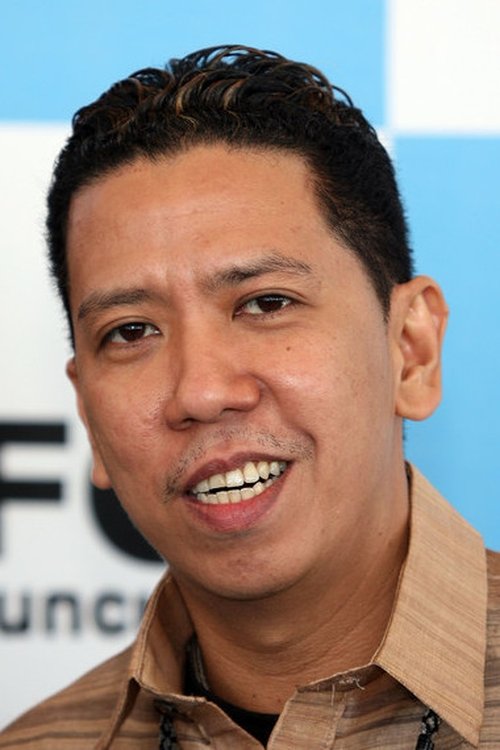
Auraeus Solito
Kanakan-Balintagos
atau dikenal sebagai
Riwayat Hidup
Auraeus Solito, also known as Kanakan-Balintagos, is a Palawán-Filipino filmmaker and indigenous peoples rights advocate who comes from a lineage of shaman-kings from the Palawán tribe.
He was one of the first to be born outside of his tribal land of South Palawan.
He was born in Manila and, after graduating from the Philippine Science High School, studied theater at the University of the Philippines, where he received a degree in Theater Arts.
One of the leading independent filmmakers in the Philippines, he was chosen as part of in Take 100, The Future of Film in 2010.
This book, published by Phaidon Press, New York, is a survey featuring 100 emerging film directors from around the world who have been selected by 10 internationally prominent film festival directors.
Info Pribadi
Peran Yang Di Mainkan Auraeus Solito
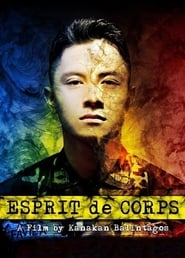 Many have been aspiring for the...
Many have been aspiring for the...Esprit de Corps 2014
Many have been aspiring for the position of Major Mac Favila, who is every cadet's ideal officer considering he is sharp, snappy, witty, and most of all, the most masculine among the school's many officers. Private Abel Sarmiento, who was abused when he was a child and Cain Fujika, a Filipino-Japanese whose mother worked abroad as a japayuki are the top contenders for his position.
 An anthology of oneminute films created...
An anthology of oneminute films created...60 Seconds of Solitude in Year Zero 2011
An anthology of one-minute films created by 60 international filmmakers on the theme of the death of cinema. Intended as an ode to 35mm, the film was screened one time only on a purpose-built 20x12 meter public cinema screen in the Port of Tallinn, Estonia, on 22 December 2011. A special projector was constructed for the event which allowed the actual filmstrip to be burnt at the same time as the film was shown.
 Punay was born with wounds on...
Punay was born with wounds on...Palawan Fate 2011
Punay was born with wounds on her feet so that she cannot step on the earth. Her brother, Angkarang, carries her through a hammock, as he searches the changing landscape of Palawan in hoping to find a healer who can cure Punay. Different people help him carry his sister along the way- a woman looking for her husband, a fisherman who lost his boat, and a young man who is searching for himself- and each one meets their fate.
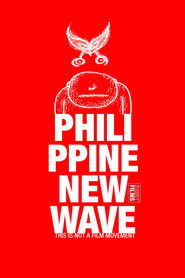 Documentary profiling the directors involved in...
Documentary profiling the directors involved in...Philippine New Wave: This Is Not a Film Movement 2010
Documentary profiling the directors involved in the loose Philippine New Wave filmmaking movement.
 A poet sells his collection of...
A poet sells his collection of...Boy 2009
A poet sells his collection of comic books and action figures in order to afford to hire a male stripper on New Years Eve.
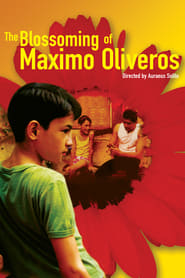 Maxi a boy on the cusp...
Maxi a boy on the cusp...The Blossoming of Maximo Oliveros 2005
Maxi, a boy on the cusp of his teens, is already comfortable with his homosexual feelings, with acceptance from his family. When Maxi is assaulted one evening, Victor, a police officer, comes to his aid. Maxi soon develops a crush on Victor, who shows a platonic affection for the young lad.
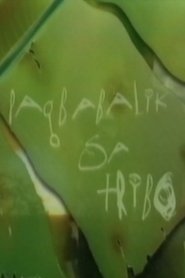 Howie Severino who grew up on...
Howie Severino who grew up on...Pagbabalik sa Tribo 1999
Howie Severino, who grew up on the American East Coast, returned to the Philippines and found work as a journalist. As he follows the story of filmmaker Auraeus Solito’s rediscovery of his tribal Palawan roots, Severino likewise interrogates his own notions of seeking identity and community as a Filipino.
 Dr Jose Rizal was exiled in...
Dr Jose Rizal was exiled in...Rizal in Dapitan 1997
Dr. Jose Rizal was exiled in Dapitan from 1892-1896. These were his last four years. Dapitan served as his prison cell. He always compared it to “a beautiful cage” where he is imprisoned. This was the longest imprisonment Rizal ever had. He became so lost by those times, but still he did not lose his mind. Even there, he continued studying and discovering things. He continued his conversation with his friends, scientists and doctors outside the country.
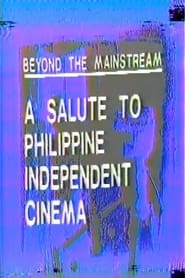 With interviews with National Artists Lamberto...
With interviews with National Artists Lamberto...Beyond the Mainstream: A Salute to Philippine Independent Cinema 1986
With interviews with National Artists Lamberto Avellana and Lino Brocka and myriad talents from the Mowelfund community such as Nick Deocampo and Raymond Red, Beyond Mainstream documents the robust energy of nascent independent filmmaking in the country in the 80s. Based on Nick Deocampo's first book Short Film: The Emergence of a New Philippine Cinema (1985), it features the first Independent Film and Video Festival held in the Wave Cinema in Cubao, Quezon City, the first video theater in the country.
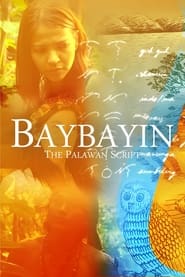 A man gets involved with two...
A man gets involved with two...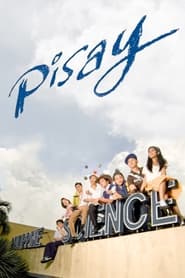 The film set in the 1980s...
The film set in the 1980s...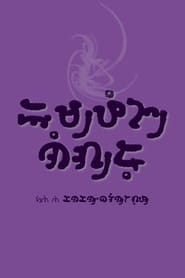 An ode to Rogelio Sikats classic...
An ode to Rogelio Sikats classic...